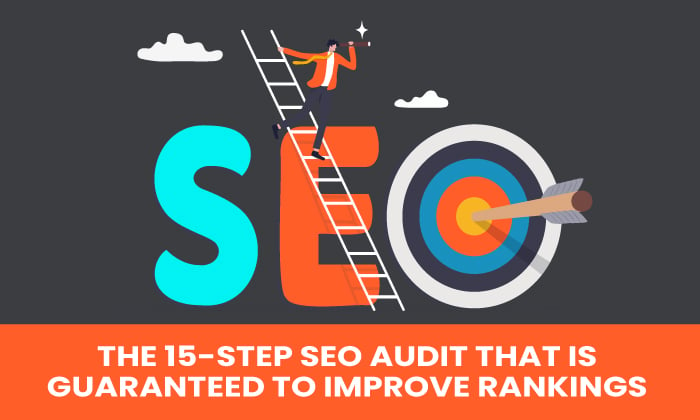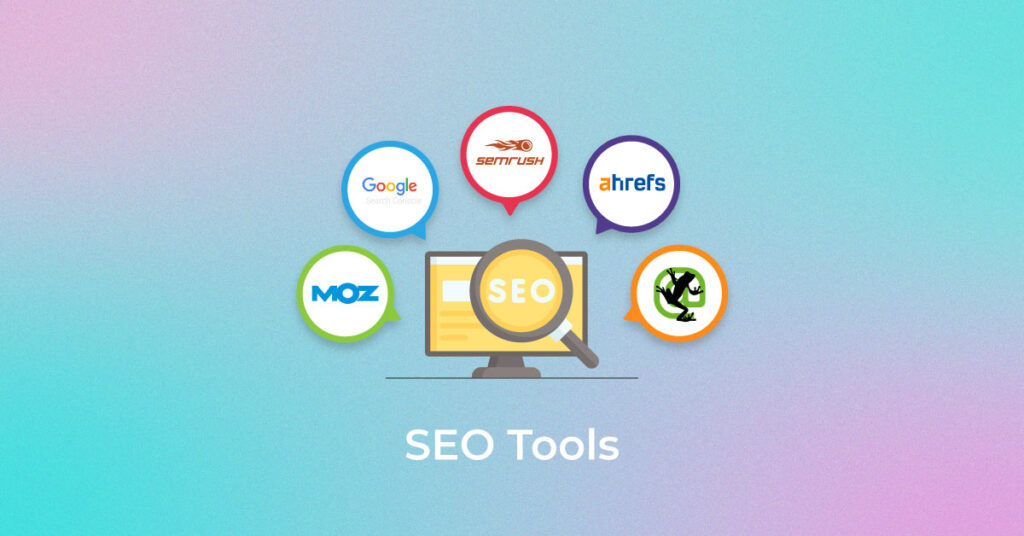SEARCH ENGINE OPTIMIZATION Vs. SEM: Recognizing the Secret Distinctions
Worldwide of electronic marketing, 2 important strategies that often show up are SEO and SEM. While they might seem similar, they in fact serve different objectives and have distinctive strategies. SEO, which represents Seo, concentrates on enhancing a website's exposure and natural position on search engine results web pages. On the various other hand, SEM, or Internet Search Engine Advertising and marketing, entails paid marketing to boost an internet site's exposure on internet search engine. Recognizing the essential differences between search engine optimization and SEM is essential for companies seeking to enhance their on the internet visibility and drive website traffic to their sites. In this article, we will certainly look into the definitions, objectives, and crucial elements of both SEO and SEM, clarifying their one-of-a-kind characteristics and advantages.

Definition of Search Engine Optimization
SEO, or Seo, refers to the technique of maximizing internet sites to improve their visibility and rankings on internet search engine results pages (SERPs) It includes various methods and approaches targeted at raising organic, or non-paid, web traffic to a site. The supreme objective of SEO is to improve a site's online visibility and draw in more targeted visitors.
Among the essential elements of search engine optimization is keyword optimization (https://www.apsense.com/article/use-automated-local-citation-building-for-agency-brand-growth-visibility.html). When looking for details or products related to a certain internet site, this involves performing extensive research study to determine appropriate search phrases that users are likely to look for. By integrating these key phrases purposefully right into the internet site's content, meta tags, and Links, search engine optimization aims to enhance the site's relevance and ranking for those certain search terms
An additional important consider search engine optimization is on-page optimization. This entails enhancing different elements on a site, such as title tags, headings, pictures, and internal links, to make them even more search engine-friendly (seo agency). By making sure that these elements are correctly structured and appropriate to the website's content, SEO assists internet search engine recognize the context and importance of the site
In addition, search engine optimization also consists of off-page optimization techniques, such as link structure. This includes obtaining premium back links from other reputable web sites, which suggests to online search engine that the website is authoritative and reliable. By constructing a solid network of back links, search engine optimization boosts a site's trustworthiness and enhances its opportunities of ranking higher in search results page.
Definition of SEM
SEM, or Search Engine Marketing, is an advertising and marketing technique that includes promoting sites and increasing their visibility via paid marketing on online search engine results pages (SERPs) Unlike SEO, which concentrates on optimizing websites to enhance natural search positions, SEM uses paid advertising to drive website traffic to a site.
One of the essential components of SEM is pay-per-click (PAY PER CLICK) advertising. When an individual searches for those key words, the ads show up at the leading or side of the search results.

SEM also includes other forms of paid advertising, such as screen advertisements, remarketing ads, and purchasing ads. Display advertisements are banners or visual ads that appear on sites within the Google Show Network. Remarketing advertisements target customers who have actually previously seen a site, offering them ads as they search various other sites. Shopping ads, on the other hand, promote particular items and display appropriate details, such as cost and availability.
Objectives of SEO and SEM
The objectives of both seo (SEARCH ENGINE OPTIMIZATION) and online search engine marketing (SEM) focus on boosting an internet site's visibility and driving targeted web traffic. The strategies and approaches employed by each differ considerably.
The major objective of search engine optimization is to enhance a website's natural search position on search engine results pages (SERPs) This is accomplished by enhancing various elements on the website, such as web content, meta tags, and website structure, to make it extra attractive and pertinent to online search engine. By doing so, search engine optimization aims to attract even more natural web traffic from individuals actively looking for related key phrases or subjects.
On the various other hand, SEM concentrates on raising a site's exposure through paid marketing on internet search engine. The primary goal of SEM is to drive targeted web traffic to a web site by bidding on keyword phrases and presenting advertisements in search engine results. This method enables businesses to get to a bigger target market quickly and efficiently.

Trick Parts of SEO
To effectively apply search engine optimization, it is crucial to recognize the key elements that contribute to enhancing a website's natural search position. These parts can be extensively classified right into on-page elements and off-page elements.
On-page elements refer to the components that are directly present on a site and can be optimized for much better internet search engine visibility. This includes the site's material, search phrase use, meta tags, URL framework, page titles, and headings. By enhancing these aspects, internet search engine can much better comprehend the relevance and context of the website's content, resulting in greater positions.
Off-page aspects, on the various other hand, concentrate on external signals that influence a website's authority and reputation. This consists of backlinks from other reliable web sites, social media signals, and on the go to my site internet mentions (https://theworldinsiders.com/news/linkdaddy-announces-agency-backlink-local-business-directory-listings-service/458323). The more pertinent and high-grade backlinks a website has, the better its opportunities of ranking greater in search engine results web pages
In addition, individual experience is an important component of search engine optimization. seo. Search engines focus on web sites that provide a positive customer experience, including fast packing times, mobile-friendliness, and easy navigating
Secret Elements of SEM
In comparison to search engine optimization, SEM incorporates a distinct collection of essential components that focus on paid advertising and marketing and driving prompt visibility in online search engine outcomes. These elements consist of online search engine advertising and marketing, likewise called pay-per-click (PPC) marketing, keyword study, advertisement creation, and project monitoring.
Search engine marketing is an essential component of SEM. It involves bidding on keyword phrases appropriate to your business and creating text or display ads that will show up in search engine results when those keyword phrases are browsed. With online search engine marketing, you can target details demographics, locations, and even time of day to reach your preferred audience.
Keyword research is another vital component of SEM. It involves identifying the key phrases that your target market is utilizing to look for services or products comparable to yours. By conducting extensive keyword research study, you can optimize your advertisements and ensure they are shown to the appropriate people at the best time.
Advertisement production is the procedure of establishing compelling and influential ads that will certainly tempt individuals to click them. Well-crafted advertisements have a strong call-to-action, pertinent messaging, and a clear value proposal.
Last but not least, campaign management includes tracking and maximizing your SEM campaigns to guarantee they are carrying out properly. This includes monitoring metrics such as click-through rates, conversion rates, and roi (ROI) to make data-driven decisions and attain the most effective outcomes.
Conclusion
Search engine optimization concentrates on optimizing websites to boost natural search rankings, while SEM includes paid advertising to increase exposure on search engine results web pages. Recognizing the differences in between SEO and SEM is essential for companies to create a detailed online marketing approach.
SEARCH ENGINE OPTIMIZATION, which stands for Search Engine Optimization, focuses on boosting a site's presence and organic ranking on search engine results web pages. On the other hand, SEM, or Browse Engine Advertising and marketing, involves paid marketing to increase a web site's presence on search engines (seo marketing).SEARCH ENGINE OPTIMIZATION, or Look Engine Optimization, refers to the practice of enhancing internet sites to improve their visibility and rankings on search engine results pages (SERPs)The main goal of SEO is to enhance a web site's natural search position on search engine results pages (SERPs) SEO focuses on enhancing sites to improve organic search rankings, while SEM includes paid advertising and marketing to raise presence on search engine results web pages